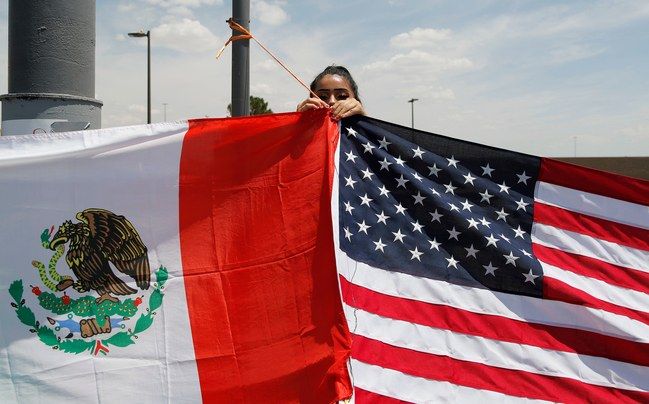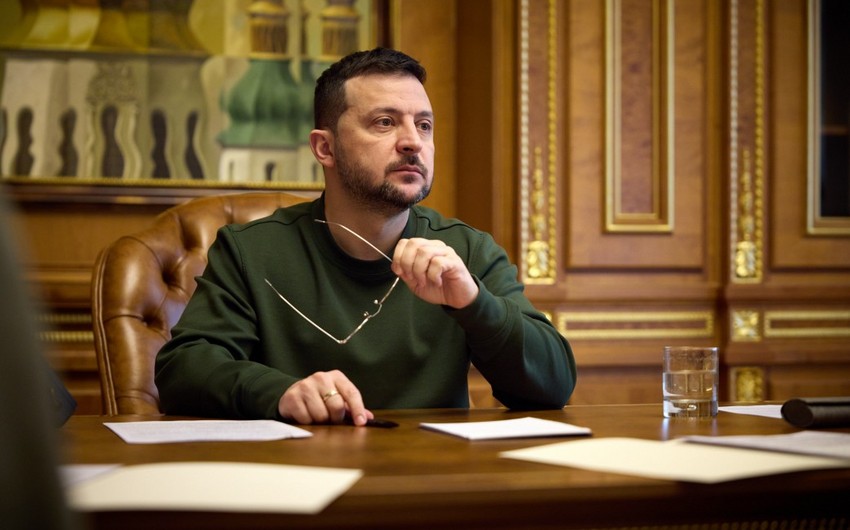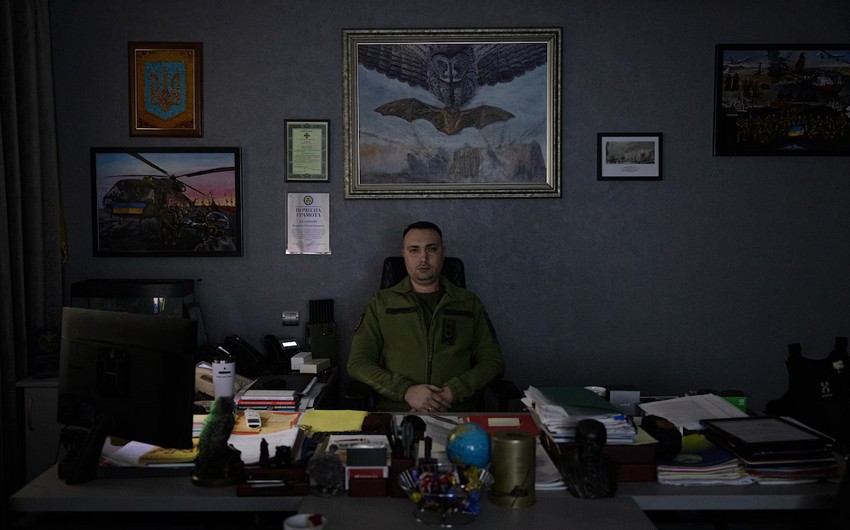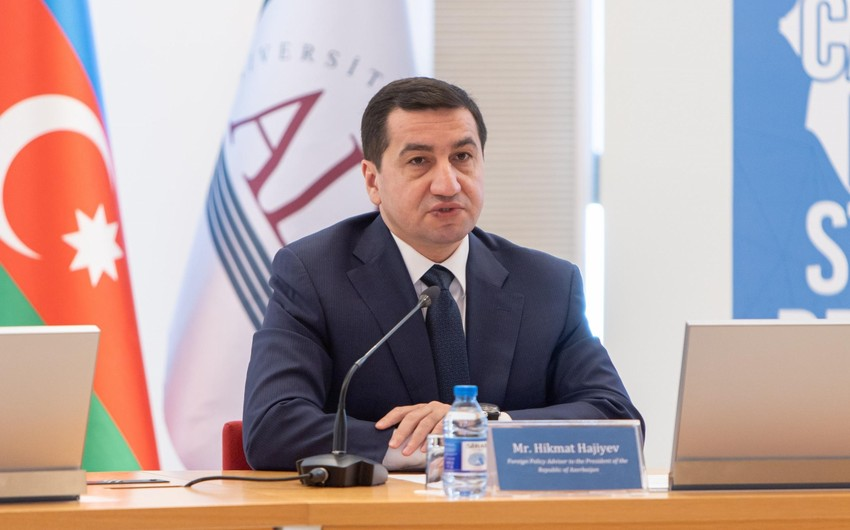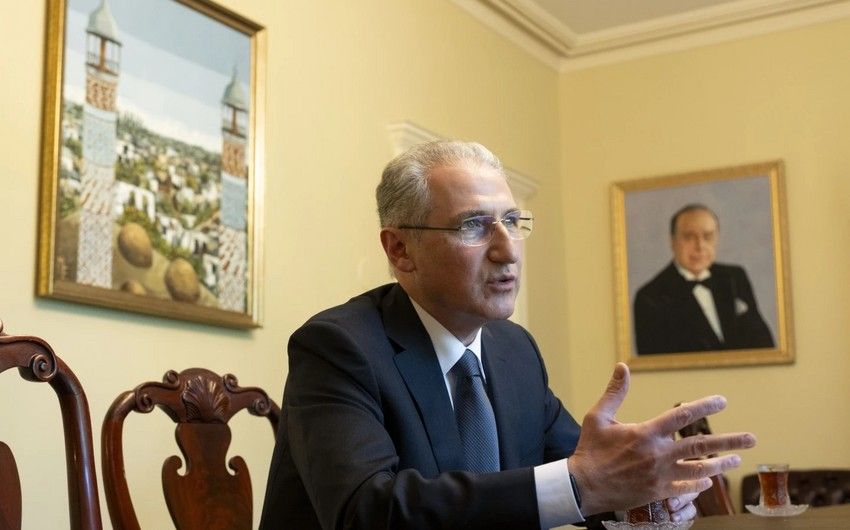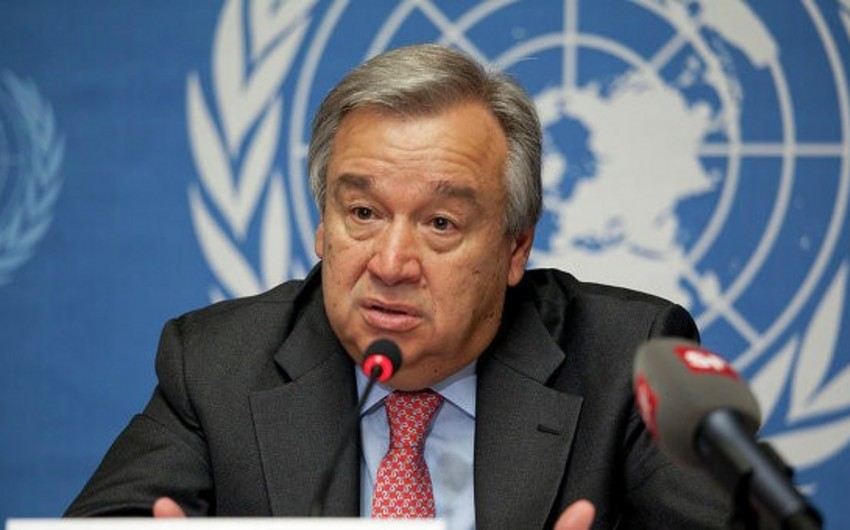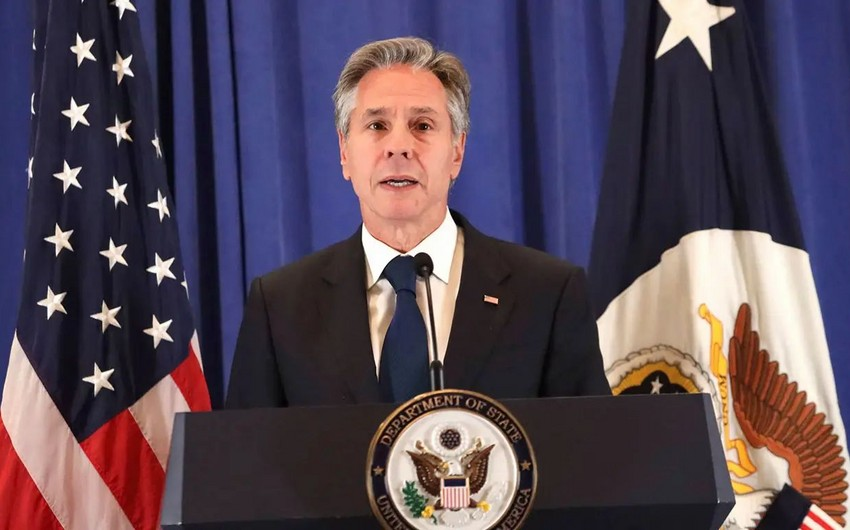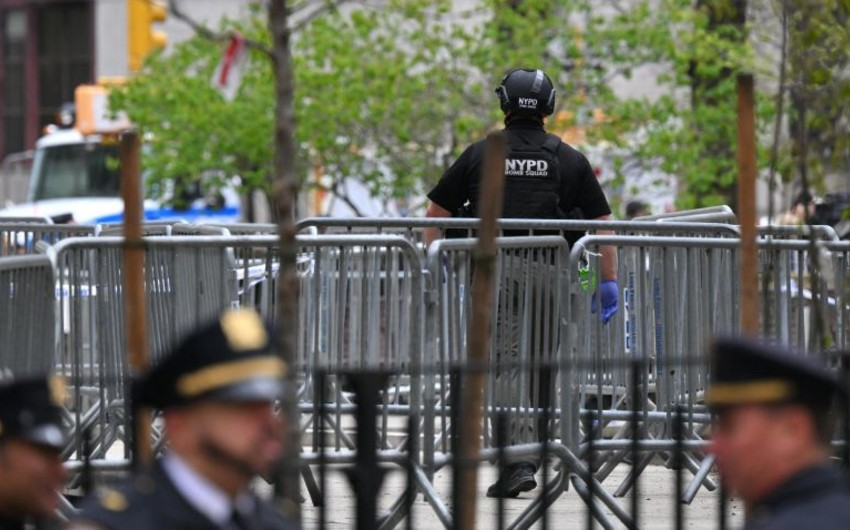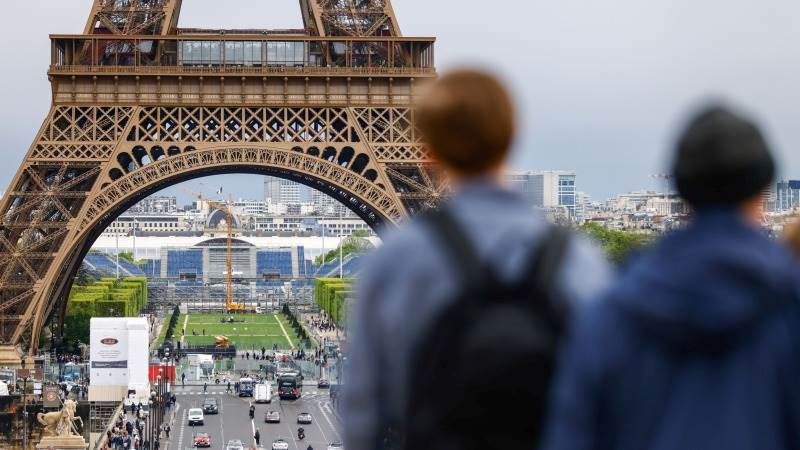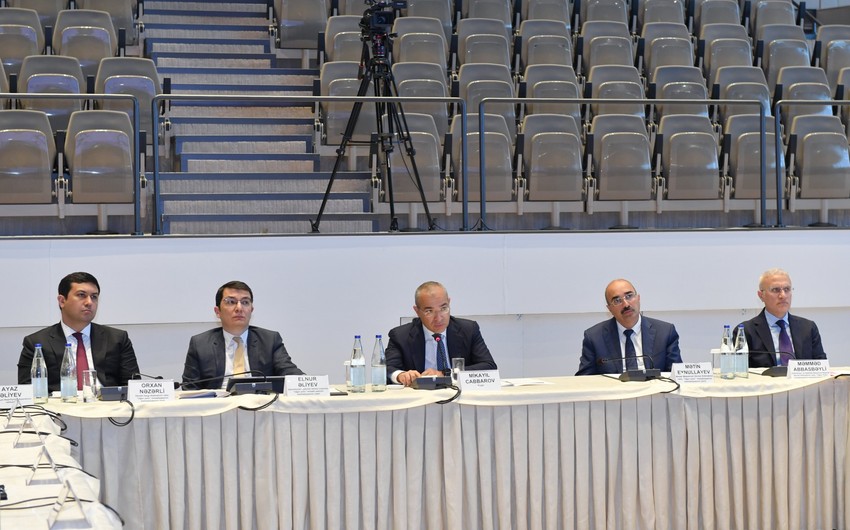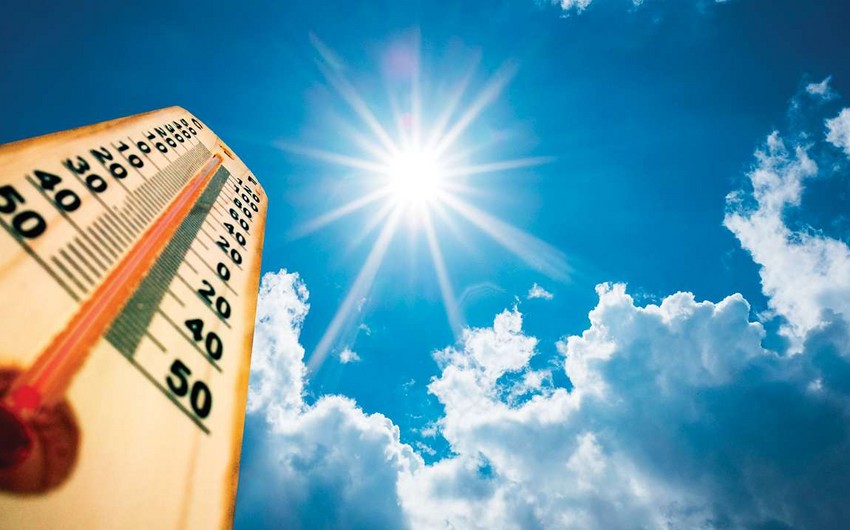After the massacre at a Walmart in El Paso, Texas, on Saturday, Latinos across America are feeling shaken and terrified. Aura Bogado, an investigative reporter at Reveal, a publication from the Center for Investigative Reporting, asked her Latino followers on Twitter how they were feeling after the shootings. The last time I checked, she had five hundred and one public answers, most of them full of anguish: parents relieved that their children had fair skin, mothers afraid to take their children to school when classes resume, and lots of people frightened to speak Spanish in public. Ana Dopico, a professor of comparative literature at New York University who is currently working on a book in Miami, replied in the thread that she was now “constantly monitoring accents & reactions to Spanish usage.” Bogado told me, “There was an assumption that this was something that happened somewhere else”—in places with a long history of anti-Latino sentiment. “But the fact that this kind of supremacist violence happens in places in which Latinx have grown safe is scary, and people are coming to terms with that.”
Latinos were already feeling under attack before the massacre. Adrián Carrasquillo, a political reporter, shared a story on Twitter from a young Latina woman, who said that last month, in Austin, a woman told her to “go back to Mexico,” and threatened to throw things at her if she didn’t cross the street into oncoming traffic. The most recent data from the Federal Bureau of Investigations shows a sharp uptick in hate crimes since Donald Trump was elected President, eleven per cent of which targeted Latinos. A 2018 Pew Center poll found that a record number of Latinos were pessimistic about their place in the United States and the future of their children, with more than half of Latinos saying that it has become more difficult for them to live here.
This week, many Latinos expressed fear that two main external indicators of Latinidad—the brownness of one’s skin and the use of Spanish in public—might trigger people to physically attack them. I am not brown, but I know the feeling. Last spring, I was with my seven-year-old son in a bakery in a dreamy little town in the Berkshires. We were discussing, in Spanish, what kind of pastry to buy. The cashier, a young white woman, gave us a confused glance, and, for a fraction of a second, a freezing shiver ran down my spine, and I lowered my voice. Then she explained that she couldn’t place where we were from, and asked us.
I had made a wrong assumption, but the fear I felt was real. A couple of years earlier, a writer whose child was playing with mine in an Upper East Side playground asked me, out of the blue, if we identified as Hispanics. I said that that was a complicated question, and, before I could elaborate, he added, “Because if a policeman came into this playground and looked at your son, he would see a Hispanic kid.” To this day, I don’t know what to make of that statement. But the fact that he thought the police might be looking at, or formy son—that, to my interlocutor, this was something to be considered, foreseen, in this country—was not reassuring.
To fight this fear, I think that we have to go against our instincts to blend in and to pass undetected. What is needed is more visibility. Of course, this is a tall order for all of our communities, after El Paso, let alone those that include undocumented immigrants, who have specific reasons not to show themselves (and please, please, CNN, stop calling them “illegal”). But Latino visibility is not a responsibility that should only fall on Latino communities.
The news-media industry must play a role, and that role starts with reviewing the way it portrays Latinos in its coverage. The wonderful complexity of Latino communities has for too long been lost on mainstream America, as Latinos have been misunderstood, underreported, stigmatized, and grouped into an indistinguishable mass only defined by the immigrant experience and by assumed fluency in Spanish, which many, but not all, Latinos actually speak. In fact, Latinos in the United States comprise a wildly diverse population, from families that have lived in New Mexico, Texas, and California since before the Mexican-American War to Puerto Ricans, who live in a U.S. territory, and Latin Americans who have emigrated from many different countries throughout the twentieth and twenty-first century.
There is no agreement about the term “Latino” either: many people prefer to call themselves Hispanics, or Chicanos, or Mexicanos, Dominicanos, Cubanos, Colombianos, Ecuatorianos, Salvadoreños, Hondureños, Guatemaltecos, Venezolanos, and so on, and point out that labels like “Latino” are applied to very different people, coming from different countries, for very different reasons, at different times in history.
Far too few of them, however, are working in American newsrooms. In the Latino Media Gap, a comprehensive study of the portrayal of Latinos by mainstream media, Frances Negrón-Muntaner, a filmmaker and professor of English and comparative literature at Columbia University, noted, “Whereas the Latino population grew more than 43% from 2000 to 2010, the rate of media participation—behind and in front of the camera, and across all genres and formats—stayed stagnant or grew only slightly, at times proportionally declining.” And when Latinos are visible, Negrón Muntaner wrote, “they tend to be portrayed through decades-old stereotypes as criminals, law enforcers, cheap labor, and hypersexualized beings.”
According to a 2018 diversity survey from the American Society of News Editors, today less than seven per cent of journalists in newsrooms are Latino, even though Latinos make up eighteen per cent of the country’s population. On Tuesday, the reporter Esmeralda Bermudez, who writes about Latinos for the Los Angeles Times (in a city that is forty-nine per cent Latino) tweeted images of the front pages of eight of the largest newspapers in the country, including her own, and commented, “Reading headlines across the U.S. today you wouldn’t know that one of the deadliest hate crimes against Latinos happened 3 days ago. You wouldn’t see victims faces or get any hint of how Latinos feel. You would know that Trump condemned bigotry, assailed hate, denounced racism.”
Given that history, the first thing that newsrooms should do is to welcome more Latino voices and treat them with the respect due to any journalist in this country. Just this spring, a young Latina reporter I know was asked by her editor, at a major metropolitan newspaper, if she was planning on delivering her story “in Spanish or English,” even though the publication only runs English-language stories and the reporter grew up speaking English, in New York City.
Spanish-language television networks should be invited to host more Presidential debates. Univision and Telemundo are competitive in ratings with ABC, NBC, and CBS, often beating them in prime-time segments, but, so far, they have only hosted debates during the Democratic primaries. And their participation should be considered, and presented, as equal to that of their Anglo counterparts. When Univision hosted a Presidential debate in 2007, the Associated Press reported, “Not surprisingly for anchors who vocally support a path to legalization for the nation’s estimated 12 million immigrants, both [Jorge] Ramos and [María Elena] Salinas framed their questions with the basic assumption that immigrants, including those in the country illegally, face discrimination and have been unfairly demonized—a view not universally shared in the English-language media.” Not incidentally, when Ramos was forcibly removed from a Trump-campaign news conference, in 2015, after Trump shouted at him, “Go back to Univision,” most of his fellow-reporters not only stayed in the room conducting business as usual but publicly blamed the episode on Ramos.
This is why it was so important that Democratic candidates spoke in Spanish during the first debate, and why it was so troubling that they were mocked for doing so. This is also why it is so damaging when journalists criticize Julián Castro for not speaking perfect Spanish—as if fluency in Spanish were the test of being a real Latino, and Castro had to pass—and praise Beto O’Rourke and Pete Buttigieg for speaking it “so well.” During his tenure as mayor of New York, Michael Bloomberg started addressing journalists in Spanish, though he, too, was teased for his accent. That gesture, a veteran Spanish-language TV reporter told me, helped legitimize Spanish-language media in the city. For years, he said, Spanish-language reporters had to wait until the end of the press conference and grab the speaker before he or she left the room to ask their questions. Today, if the person who is delivering the press conference is fluent in Spanish, Spanish-language journalists can ask questions at any time.
Spanish-language news media should not be seen as foreign by English-language reporters, or as anything less than intrinsic to America’s media industry. Last year, the Denver Post got the attention of the mainstream media by revolting against its hedge-funder owners, who were laying off thirty people from a newsroom of about a hundred, and publicly called the owners “vulture capitalists.” Univision, which is also owned by private-equity firms, was dealing with the same fate; between 2017 and 2018, the award-winning digital-news operation was reduced to about a third of its original size. Media critics and Anglo media reporters everywhere were moved by the Denver Post story, but the case of Univision was utterly ignored.
In other words, Latinos should be seen for what we are: not “the other,” but a part of “us.” We’re given broad labels like ‘Latino’ or ‘Hispanic.’ If we were considered part of us, part of America, then there wouldn’t be a need to define us with any other name.
The New Yorker

